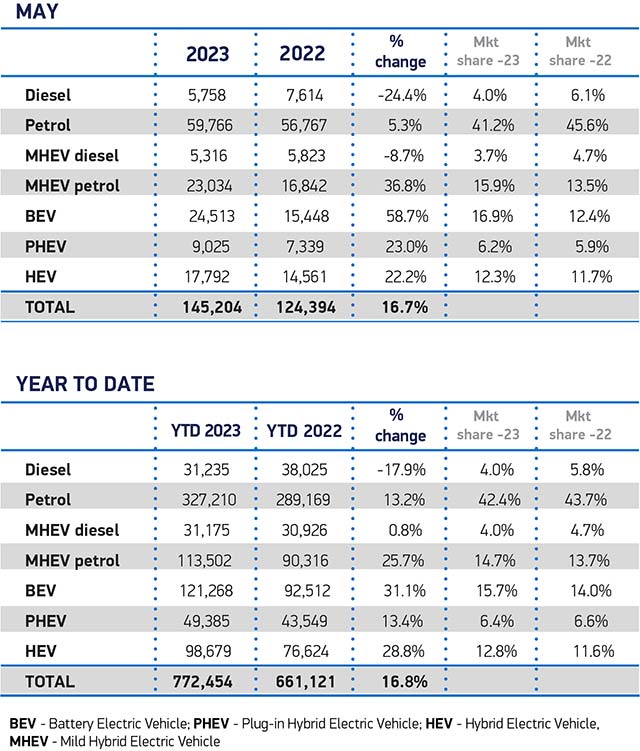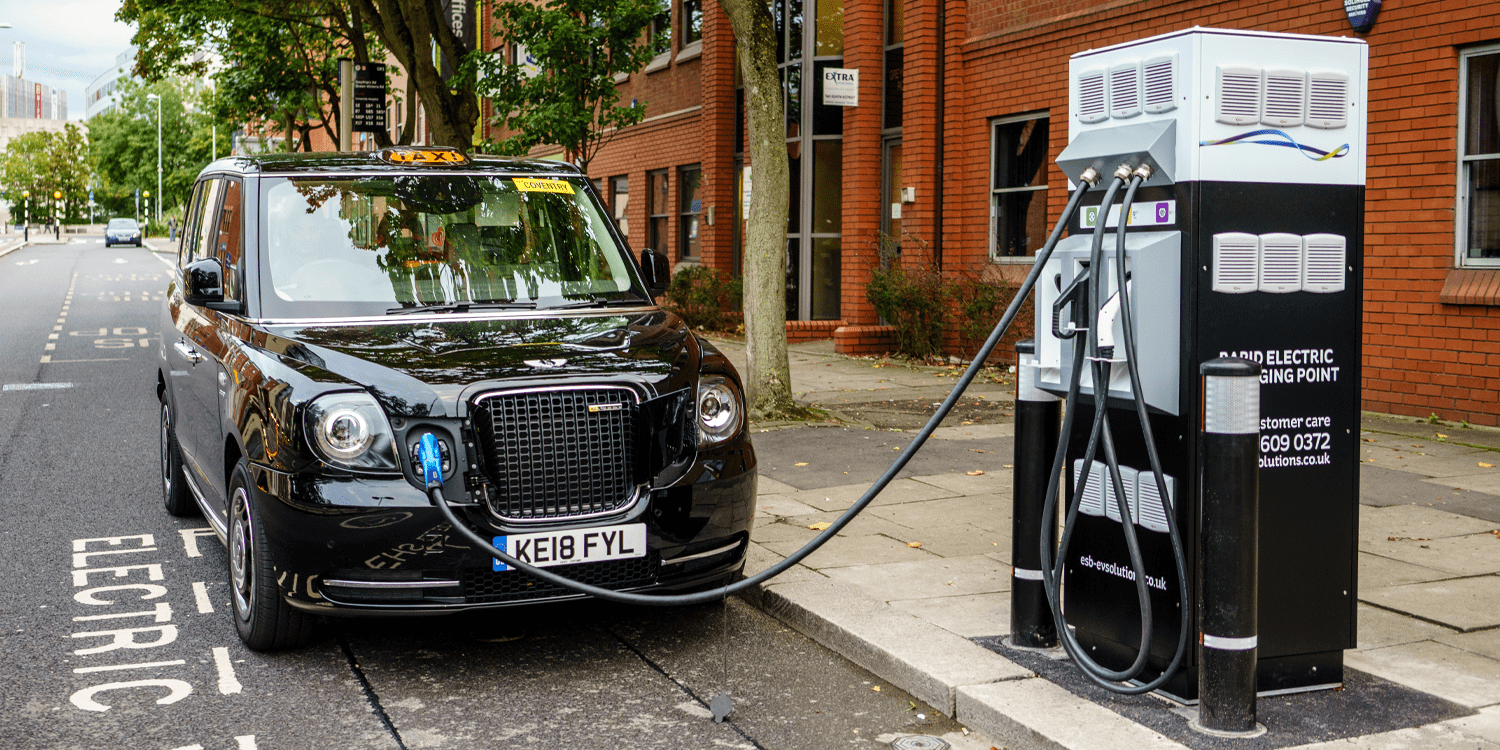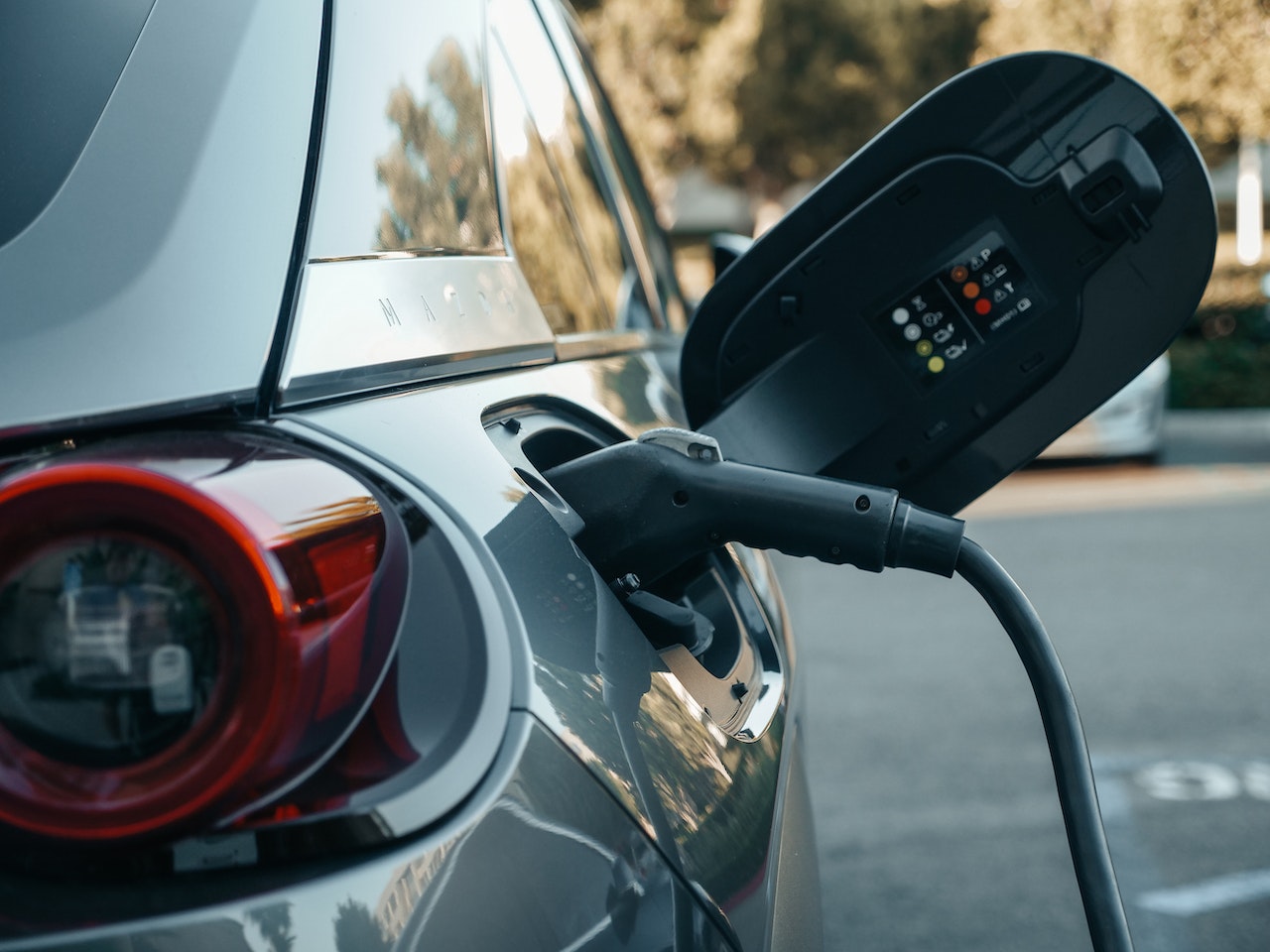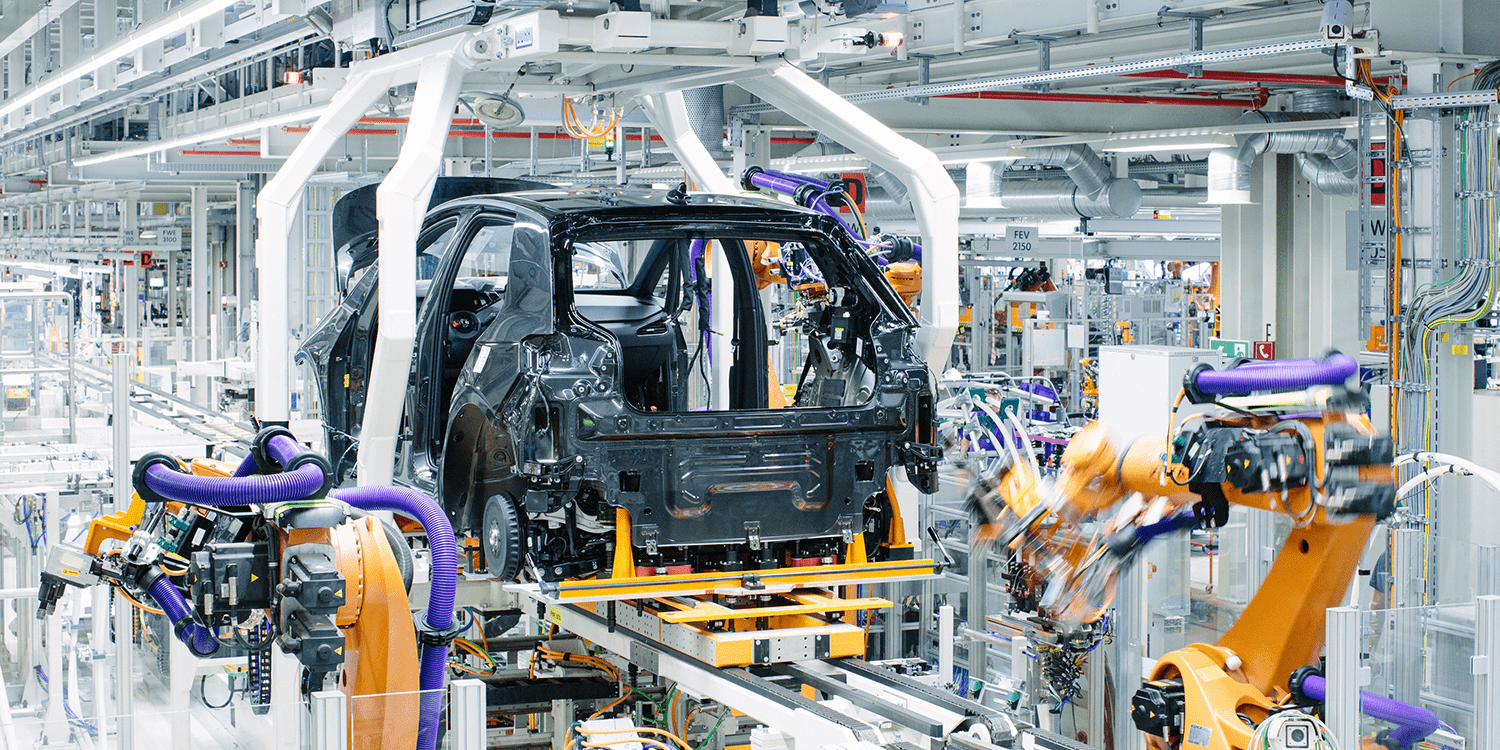The UK new car market has experienced a prolonged period of growth, achieving its longest uninterrupted expansion in eight years, according to the latest data from the Society of Motor Manufacturers and Traders (SMMT). Registrations in May surged by 16.7%, reaching 145,204 units. This positive performance marks a significant milestone of 10 consecutive months of growth. However, it’s important to note that registrations still lag behind pre-pandemic levels from 2019, currently down by 21.0%.
The growth in the new car market was primarily driven by large fleet registrations, which increased by 36.9% to reach 76,207 units. This surge can be attributed to the resolution of supply challenges faced in 2022. On the other hand, registrations to private buyers experienced a slight decline of 0.5%, with 65,932 cars registered. Smaller business fleets recorded a year-on-year increase of 22.5%, registering 3,065 units.
Petrol-powered cars remain the top choice for UK buyers, representing 57.1% of all registrations. However, alternatively powered vehicles are steadily gaining market share. Plug-in hybrids (PHEVs) saw a significant rise of 23.0%, reaching a 6.2% market share, while hybrids (HEVs) experienced a growth of 22.2%, making up 12.3% of all registrations. Notably, battery electric vehicles (BEVs) solidified their position as the second most popular powertrain in the UK, with an impressive 58.7% increase from the previous year, adding 24,513 new BEVs to the roads and securing a 16.9% market share.
Among the new cars registered in May, lower mediums, superminis, and dual-purpose vehicles dominated the market, accounting for 86.3% of all registrations. The positive news is that the market now offers zero-emission options in every segment, with over 80 models, approximately a quarter of all new car models, to choose from. Furthermore, these new BEVs boast an average battery range of 236 miles, surpassing the average weekly mileage of UK drivers, which stands at around 100 miles.
Despite the significant investments made by the industry to expand choice and drive growth, there is a pressing need to accelerate the transition to zero-emission vehicles. Starting in January, the Zero Emission Vehicle Mandate will be implemented, establishing a minimum requirement for new battery electric vehicle registrations for every brand. While the necessary models and volumes will be available, stimulating market demand will require collaborative efforts from all stakeholders. To encourage drivers to switch to electric vehicles, a supportive fiscal framework, simplified planning processes, faster grid connections, and the establishment of a reliable, affordable, and widespread network of charging points are crucial. While investments are being made, setting regulated public charger targets proportional to new vehicle registrations would instill greater confidence in drivers and expedite the UK’s zero-emission transition.
Mike Hawes, Chief Executive of the SMMT, acknowledged the positive trend in the new car market and highlighted the importance of green growth. However, he emphasized the need for accelerated demand and overcoming driver concerns about electric vehicles. Hawes called for active involvement from all stakeholders, including industry, government, chargepoint operators, and energy companies, to drive investment and facilitate the decarbonization of the automotive sector.








